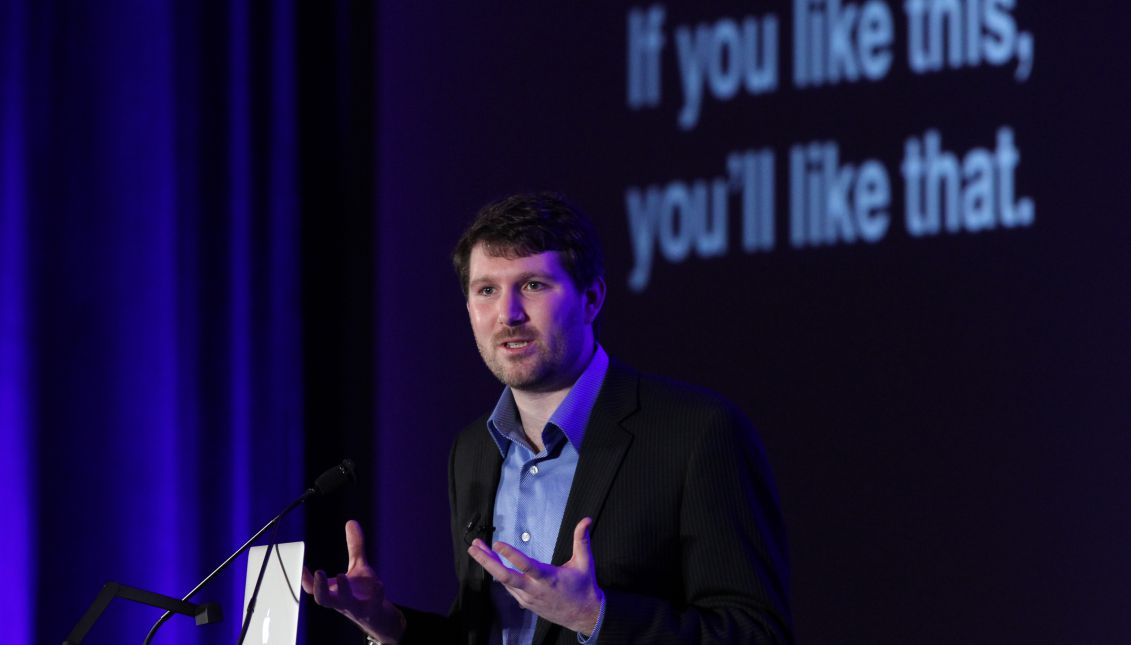
Eli Pariser: Internet Decides What You Read
El País interviewed American entrepeneur and Internet activist Eli Pariser about fake news and the use of viral content in social media.
Eli Pariser is the chief executive of Upworthy, a website for "meaningful" viral content. He is a left-wing political and internet activist, the board president of MoveOn.org and a co-founder of Avaaz.org.
In 2011 he published book The Filter Bubble, now also available in Spanish, in which he reveals how internet social media platforms (like Facebook and Google) use algorithms to filter the information that reaches users, adjusting the content to their own beliefs and tastes. Pariser predicted that this system "kills" the capacity of getting contrasting views and developing a critical view of a political situation, a key factor for a healthy democracy.
Spanish news paper El País interviewed him recently in Madrid. Pariser was asked how his concept of the filter bubble explain the electoral victory of Donald Trump or Brexit.
RELATED CONTENT
He answered that he was not so sure "Trump was elected just because of social media". First, because the majority of Trump voters are not strong social media users.
And second, yes, it affected journalists and the media more, because when it came to report and forecast results, the filter bubble "made it easy for them to forget the realities that many Americans were living with. And the same in the United Kingdom."
Read the full interview in El País (in English)











LEAVE A COMMENT: